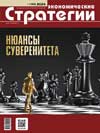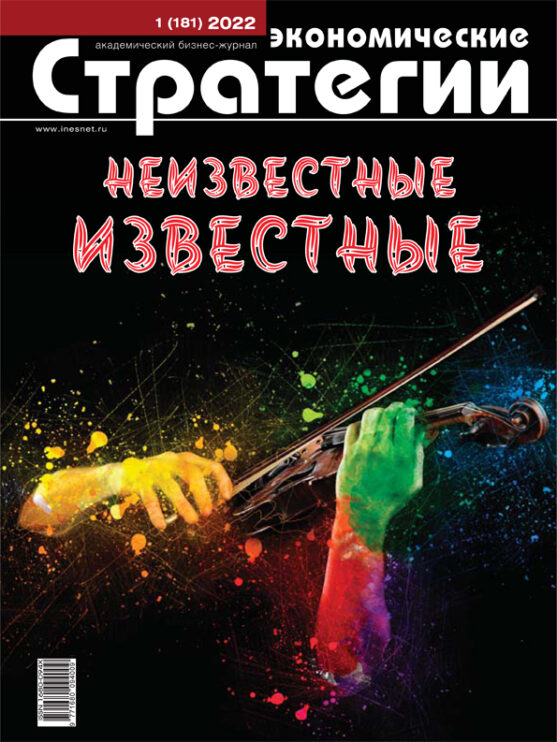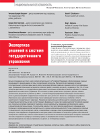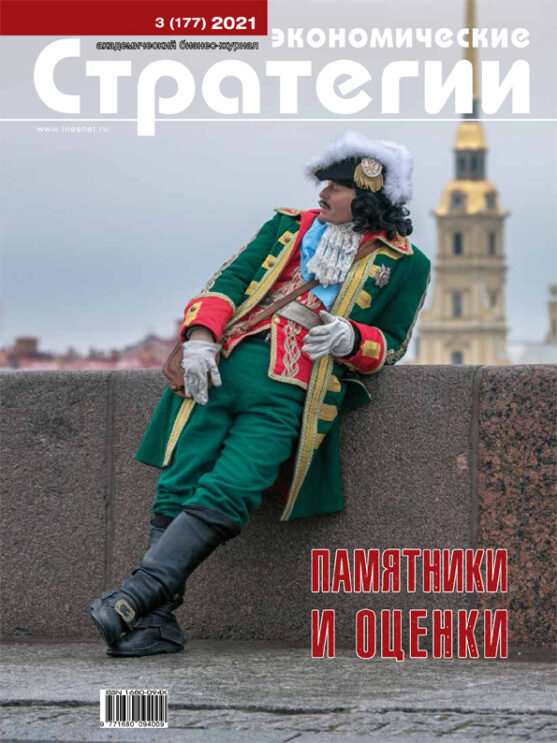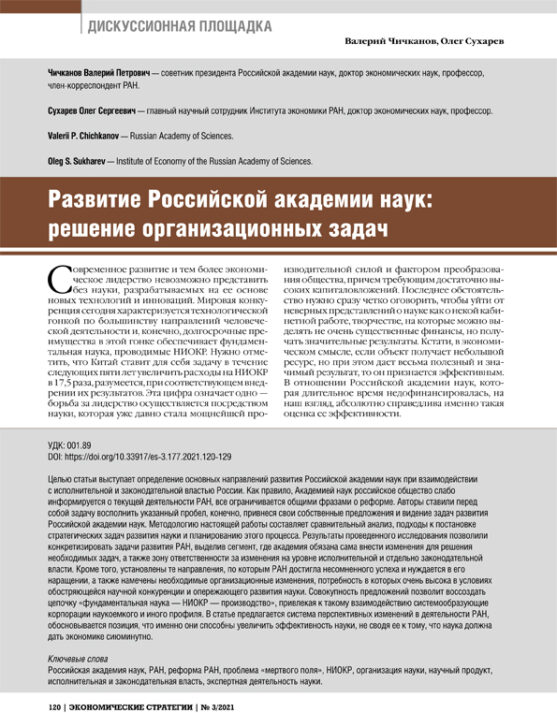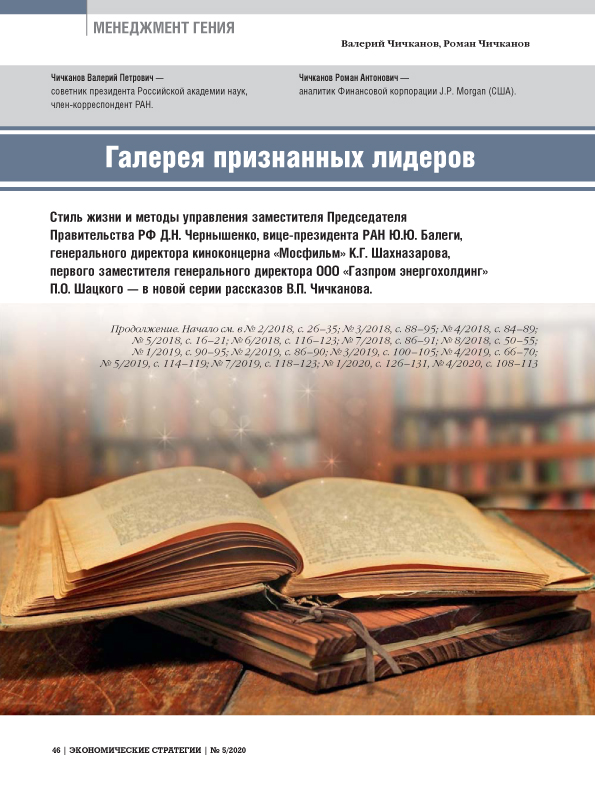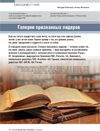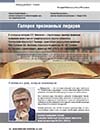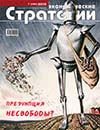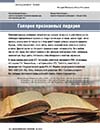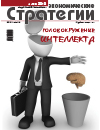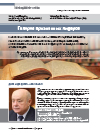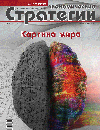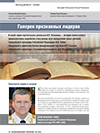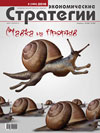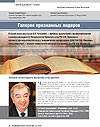Technological Sovereignty: Measurement Method
DOI: 10.33917/es-1.193.2024.62-69
The paper deals with the problems of measuring the technological sovereignty of a country, region, the provision of which is set as a priority strategic task for the Russian economy. The purpose of the study is to identify the features of measuring technological sovereignty based on the available statistics on the technological development of the Russian economy and, on this basis, to propose an assessment method that involves expanding accounting capabilities. The theory of measurement and technological development is used as a methodology. Using this methodology, it is shown that the index and rating method for assessing the aggregated “technological sovereignty” does not allow obtaining its necessary measurement, especially since the indicator itself in an aggregated form is not of great value, since there is a dependence on technologies for specific types of activities and industries that localize technological specifics of development. A direct method for measuring technological sovereignty is proposed, for the implementation of which there is no statistics in practice, which actualizes changes in the system of statistical accounting of technological development. However, already at the theoretical level of analysis, it is possible to obtain that, from the point of view of a direct measurement method, in order for technological sovereignty to grow, an outstripping growth rate of domestic domestic technologies is necessary over the growth rate of their total number, taking into account imports. In addition, if we introduce the concept of obsolete and new technologies, then in order to increase technological sovereignty, measured by the direct method as the ratio of the number of imported technologies to the number of domestic technologies of this type of activity, the growth rate of new technologies within the country must outstrip the difference between the weighted growth rates of the number of imported and obsolete domestic technologies. This condition is derived analytically precisely, confirming the importance of measuring and accounting for various technologies for specific activities.
References:
1. Glaz’ev S.Yu. Nanotekhnologii kak klyuchevoy faktor novogo tekhnologicheskogo uklada v ekonomike [Nanotechnology as a Key Factor in the New Technological Order in the Economy]. Moscow, Trovant, 2009, 304 p.
2. Sukharev O.S. Ekonomika promyshlennosti, tekhnologiy i intellektual’nykh firm [Economics of Industry, Technology and Intellectual Firms]. Moscow, Lenand, 2022, 304 p.
3. Sukharev O.S. Tekhnologicheskiy suverenitet: resheniya na makroekonomicheskom i otraslevom urovne [Technological Sovereignty: Solutions at the Macroeconomic and Industry Level]. Mikroekonomika, 2023, no 2, pp. 19–33.
4. Chichkanov V.P., Sukharev O.S. Reytingi v upravlenii ekonomikoy: informativnost’ i tselesoobraznost’ [Ratings in Economic Management: Informativeness and Expediency]. Nauchnyy vestnik OPK Rossii, 2021, no 3, pp. 72–82.


